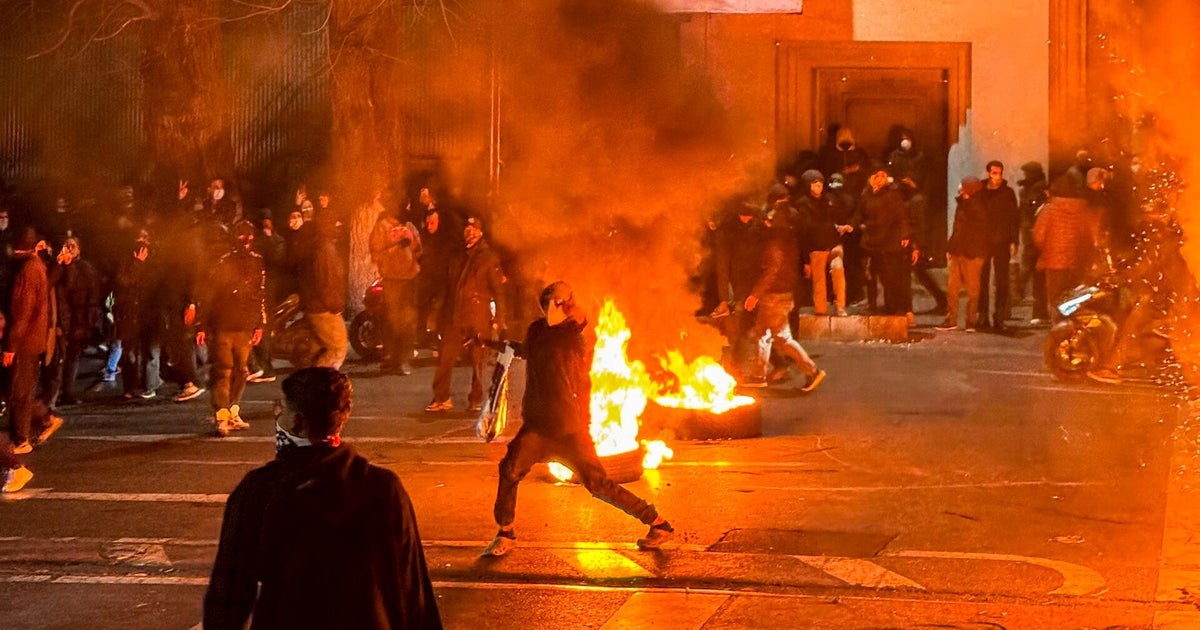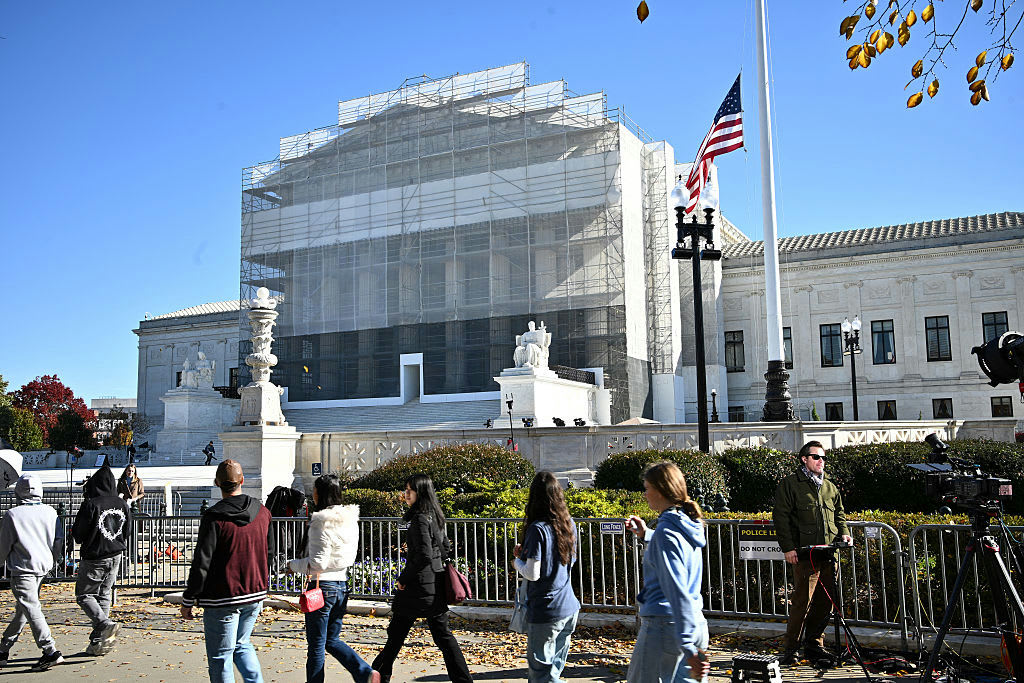Why the U.S. could "possibly lose" war against China in East Asia
China's expanding global influence directly competes with America's military, economic, and technological might – and the country is considered by many to be the U.S.' top national security threat.
In an interview with "CBS This Morning" Wednesday, former acting CIA director and CBS News contributor Michael Morell offered another daunting prediction: if the United States went to war with China in East Asia, we could "possibly lose."
China "has gained on us more rapidly than any other country has in history, militarily," Morell said. "If we had to fight a war against them today, in East Asia, we would struggle to win and could possibly even lose that war."
That's a big problem, Morell said, given the threat China poses to the U.S. "If you're gonna make a list of the national security threats and challenges facing the United States, it's long, but there's only one at the top, and there's a big gap between that one and everything else – and that's China," he said.
That threat comes in part from a shift in the economic relationship between the nations. "They pose an economic challenge to us," Morell said. "We used to be economic compliments – they were labor rich, we were capital rich, those two things fit together – now we're competitors."
There's also a competition for geopolitical influence, he said – and "we are now losing" that one. That's especially true in Hong Kong, he added.
"The Chinese told Hong Kong in 1997 that 'we're one nation, but two different systems. You can keep your political system,'" Morell said. "And since 1997, those political freedoms have eroded year by year by year … China didn't keep its promise. And it's driving Hong Kong towards the authoritarianism we have in Beijing." He added that he thinks that process is "inevitable."
China sees East Asia as "a place that they should dominate," Morell said. "They dominated it once historically, they lost it, they think it's their right, they want it back."
Morell also highlighted China's theft of intellectual property from the U.S., which he said costs "billions and billions of dollars a year."
"They're one of the few countries in the world that do this," he added. "The United States of America has never used its intelligence capabilities to steal intellectual property for competitive advantage."
Morell lauded President Trump for being "probably the first president" who has publicly called out China as a major problem – but while the president "gets credit for that," he said, "he hasn't been effective yet" in changing the situation.
"And, he is not looking at the bigger strategic picture…" Morell added. "He is focused on only a narrow slice of it."
Morell acknowledged that it is a tough question. "There's nobody in the national security realm who's figured this out yet. A lot of people are working on it, but nobody's said 'here's the solution.'" But he did identify two "must-haves" for moving forward: the U.S. taking the lead in the challenge against China, and building a coalition of allies for support.
"I think the biggest strategic mistake this administration has made has been pulling out of the Trans-Pacific Partnership, because that's exactly what the Trans-Pacific Partnership was: a group of nations saying to China, 'if you want to play in the world in a big way, you need to play by the rules – not by your own rules.'"
Another strategic mistake, according to Morell, is fighting with China through tariffs. "I would rather fight these economic issues in the World Trade Organization, rather than through tariffs," Morell said. "Because tariffs at the end of the day undermine American consumers, and I don't think that's a good thing. So I'd rather fight it out in the structures that we've already built, rather than in a very nasty public way."





